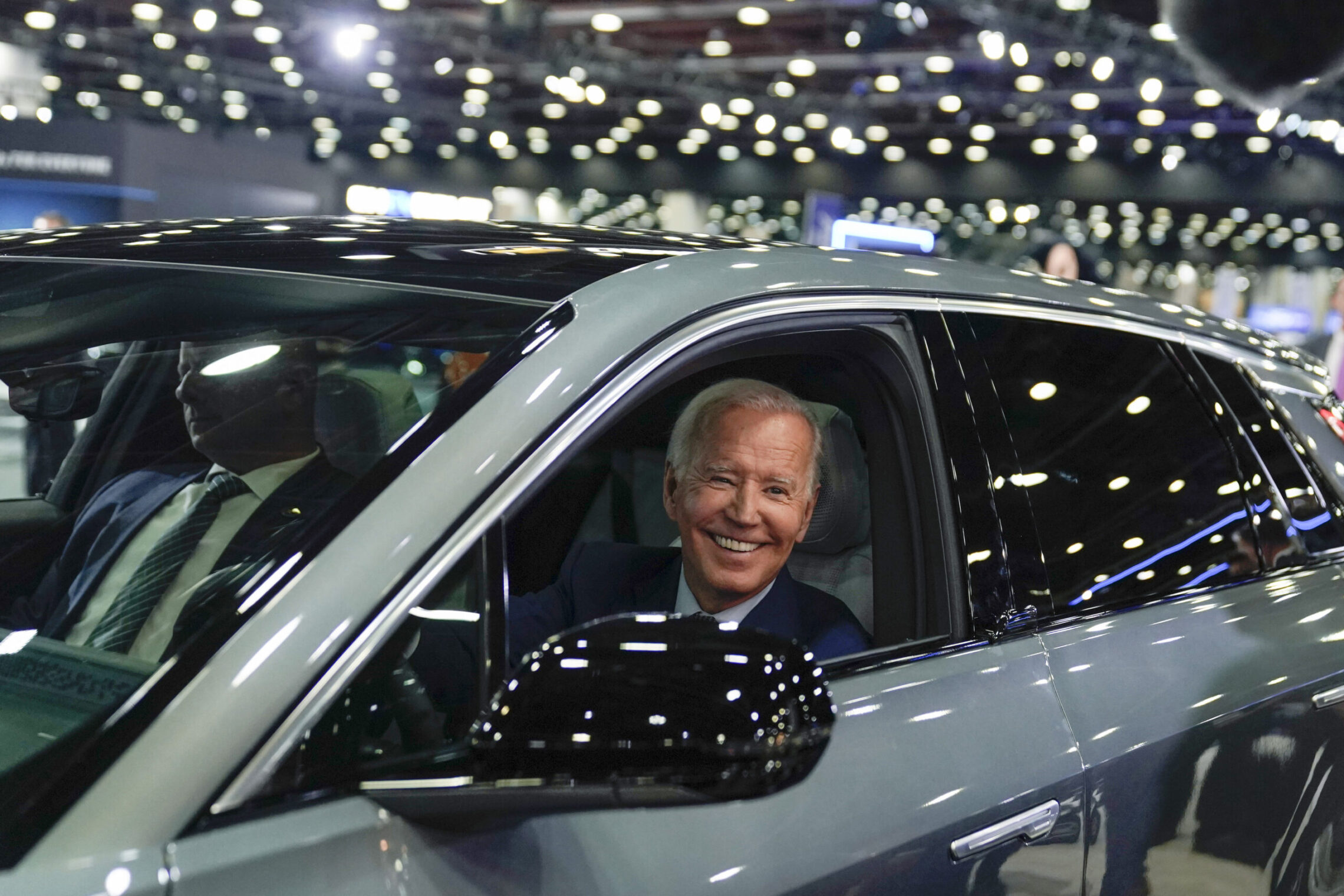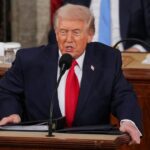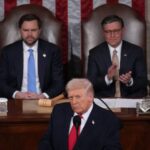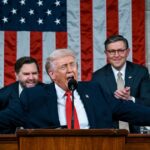

President Joe Biden vetoed a GOP-led electric vehicle bill on Wednesday that would have allowed some foreign-made parts to be used in United States EV charging stations.
Biden said the bill would have reverted U.S. policy back to the 1980s, which would have overturned his administration’s “made in America” policy and made the U.S. more reliant on China.
“If enacted, this resolution would harm my Administration’s efforts to encourage investment in critical industries and bring high-quality jobs back to the United States,” Biden said in a statement Wednesday. “It would not only thwart the collective goal of the Congress and the Administration to establish a domestic EV charger manufacturing industry, but it would also delay the significant progress being made by my Administration and the States in establishing the EV charging network.”
The veto was part of the president’s larger $25 billion plan to build EV charging stations nationwide and transition to having EVs make up at least 50% of new car sales by 2030. The Biden administration announced the plan to install a national network of 500,000 electric vehicle chargers across the country by 2030 last February. More than 170,000 EV chargers have been installed across the country so far.
The original plan included $7.5 billion for EV charging stations, $10 billion in clean transportation, and over $7 billion in EV battery components, critical minerals, and materials. But another $325 million in new investments were announced by the departments of Transportation and Energy last week, which will “increase the reliability and resilience of publicly accessible chargers, advance EV technologies, and support workforce development for EV charging deployment and maintenance,” according to the White House.
Despite the president’s veto, Biden’s current electric vehicle plan has its own national security risks, according to a group of experts. A group of 17 former military officials warned Biden and the Environmental Protection Agency in a letter last week that the administration’s current plan would make the U.S. more reliant on China because it would cause the U.S. to make changes to the transportation industry before the necessary infrastructure to support it was ready.
CLICK HERE TO READ MORE FROM THE WASHINGTON EXAMINER
The letter highlighted the EPA’s plan to implement a new aggressive tailpipe emissions policy that would make up to 67% of new sedan, crossover, SUV, light truck, and up to 50% of bus and garbage truck purchases electric by 2032.
Materials that the EVs require are already largely dependent on components made in China and materials processed in China, such as lithium-ion batteries. China also holds 70% of production capacity for cathodes and 85% for anodes, two important parts of lithium-ion batteries.





